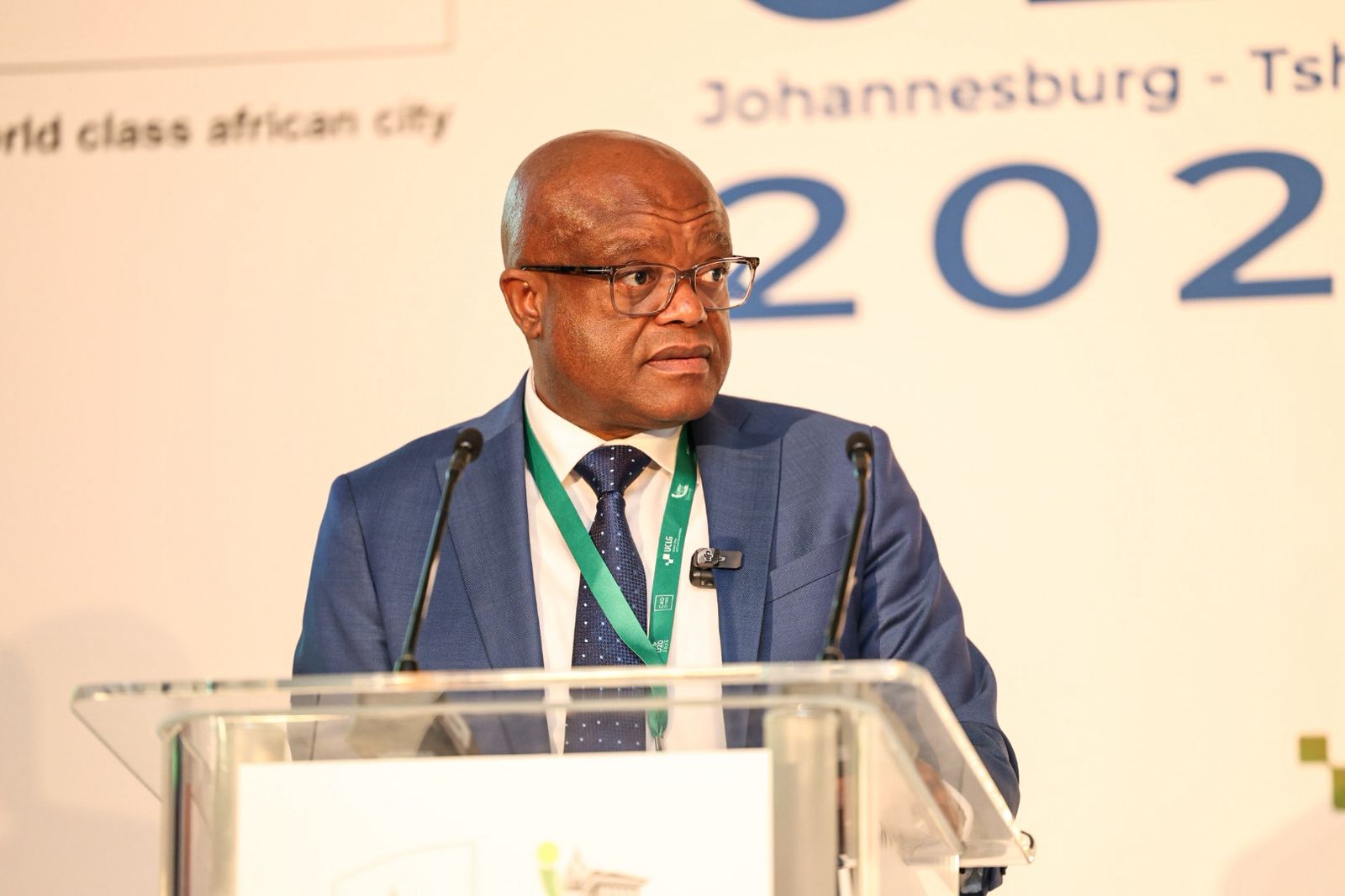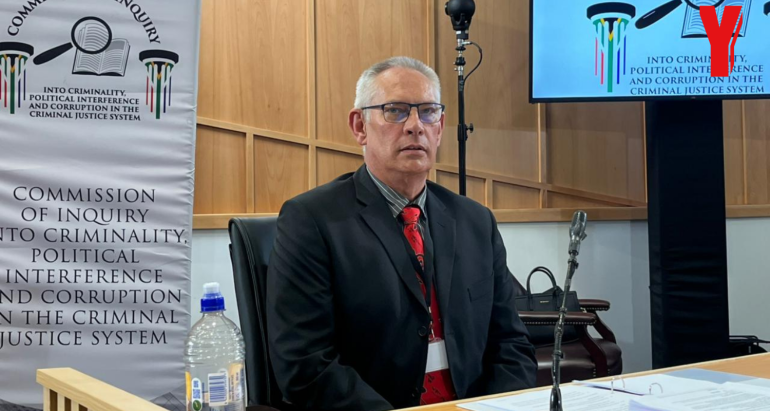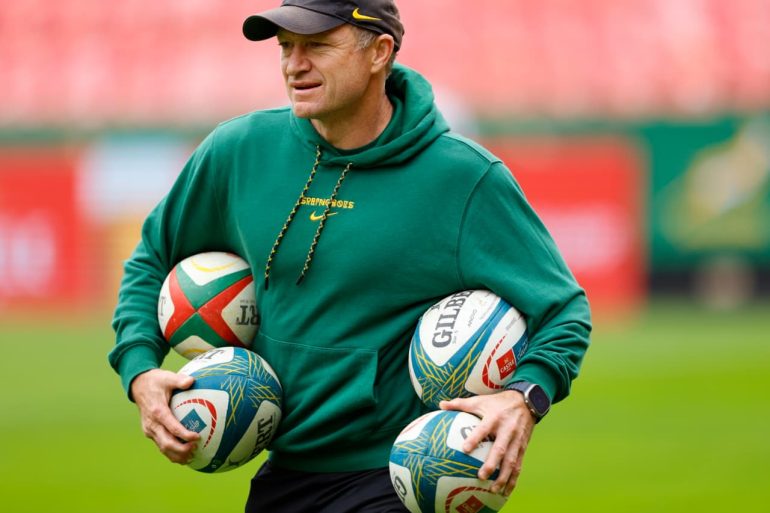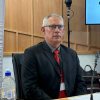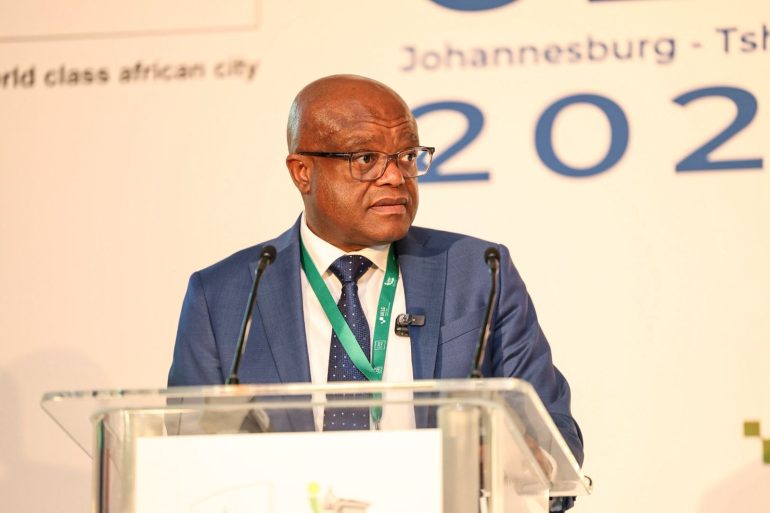
Johannesburg Mayor, Dada Morero, has raised concern over city’s the high migration rate in and rapid population growth, warning that the strain on infrastructure is becoming unsustainable.
He was speaking at the opening of the three-day Urban 20 (U20) Summit in Sandton, co-hosted by Johannesburg and Tshwane as part of South Africa’s 2025 G20 Presidency.
The three-day which got underway today, brings together lobal city leaders to shape urban perspectives for the G20 agenda, with discussions on economic growth, climate resilience, social inclusion, and digital transformation.
Morero said Johannesburg receives thousands of new arrivals each month in search of work, pushing the city’s population beyond five million and driving the expansion of informal settlements.
He stressed that while this challenge isn’t unique to Johaanesburg, local government is grappling with urbanisation at a scale it did not anticipate.
With South Africa set to host the G20 later this year, Gauteng’s two biggest metros are using the U20 platform to showcase African cities and push for urban-centric solutions. Officials say the summit is an opportunity to market Gauteng as Africa’s economic hub while pushing for inclusive and climate-smart growth.
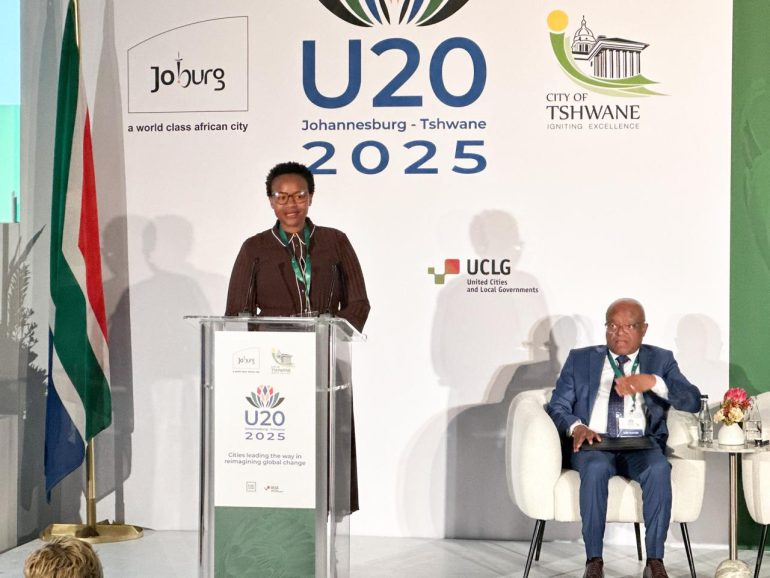
– Gauteng’s mayors push for urban-centric solutions –
As Gauteng prepares to host the G20 later this year, its two biggest municipalities—Johannesburg and Tshwane—are using the U20 Summit to position themselves as leading voices for African cities on the global stage.
Officials say the summit is an opportunity to market Gauteng as Africa’s economic hub while also pushing for more inclusive growth and climate-smart urban development.
The City of Johannesburg is expected to propose solutions for financing resilient infrastructure, while Tshwane plans to showcase its advances in digital transformation and smart governance.
Tshwane Mayor, Dr. Nasiphi Moya, warned that the G20 risks falling short without the meaningful involvement of cities. She said municipalities often have problem-solving strategies but lack resources to implement them.
As co-host, she says the platform will be used to explore scalable and practical models of financing, innovation, and governance.
Both mayors also highlighted the importance of Ubuntu, stressing that global change begins in local communities.
– Repurposing hijacked buildings –
In a key initiative to address urban decay, Moya announced a major initiative to tackle urban decay. Tshwane has partnered with universities, including the University of Pretoria and Tshwane University of Technology, to convert 22 hijacked buildings into student accommodation.
The projects will focus on Sunnyside, Pretoria CBD, and Pretoria West, providing much-needed housing for some of the city’s 300,000 students.
Moya said the initiative not only addresses safety and housing needs but also helps improve the city’s image and readiness to host global leaders at the upcoming G20.
Officials say resolving hijacked and derelict buildings remains key ahead of the G20, as they directly affect safety, the city’s image, and its readiness to host global leaders.
The U20 Summit wraps up on Sunday.
Written by: Lebohang Ndashe
Written by: Nonhlanhla Harris
African cities City of Johannesburg City of Tshwane climate resilience Dada Morero digital transformation economic opportunities G20 leaders G20 Presidency Gauteng global cities hijacked buildings informal settlements intercity collaboration Nasiphi Moya social inclusion South Africa student accommodation U20 Summit Ubuntu Urban 20 urban challenges urban development urban solutions urbanisation
Similar posts
Current show
Upcoming shows

The Way Up with Nia Brown and Okay Wasabi
5:00 am - 9:00 am

Morning Break with Xtremme
9:00 am - 12:00 pm

The Lunch League with FreshByCaddy and Yvette Floss
12:00 pm - 3:00 pm

Home Run with Ayanda MVP
3:00 pm - 6:00 pm

Happy Hour with Sinaye
6:00 pm - 7:00 pm
Latest posts
COPYRIGHT 2023

